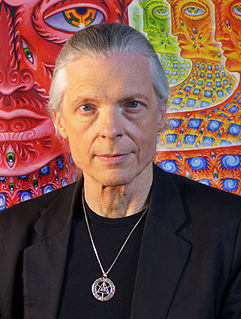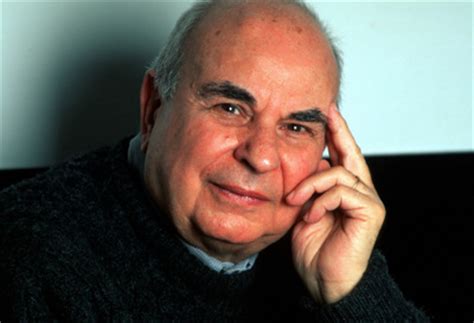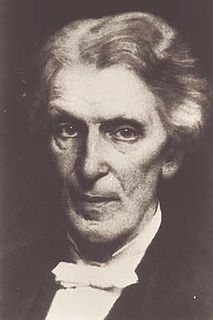A Quote by Ralph Waldo Emerson
The element running through entire nature, which we popularly call Fate, is known to us as limitation. Whatever limits us, we callFate.
Related Quotes
We have nightmares because our brain is running simulations to put us in jeopardy to see what we'll do or to acclimatize us to that idea that something bad could happen. It's just how human beings are wired because the entire time we were evolving we had to jump quick or the leopard would get us or whatever it was. It's Darwinian.
There is a form of eminence which does not depend on fate; it is an air which sets us apart and seems to prtend great things; it is the value which we unconsciously attach to ourselves; it is the quality which wins us deference of others; more than birth, position, or ability, it gives us ascendance.
Our nature is to worship, but unless that element is directed towards God it becomes "a senseless impersonal force, carrying us away in its momentum. It becomes a search for ecstasy - no matter what kind achieved through destruction...The worshipful integraton of nature in the person is inverted in a hellish imprisonment of the individual in nature."
The entire routine of our memorized acquisitions, for example, is a consequence of nothing but the Law of Contiguity. The words of a poem, the formulas of trigonometry, the facts of history, the properties of material things, are all known to us as definite systems or groups of objects which cohere in an order fixed by innumerable iterations, and of which any one part reminds us of the others.
Chris would use the spiritual aspect to try to motivate us. "He'd tell us to think about all the evil in the world, all the hatred, and imagine ourselves running against the forces of darkness, the evil wall that was trying to keep us from running our best. He believed that doing well was all mental, a simple matter of harnessing whatever energy was available.








































